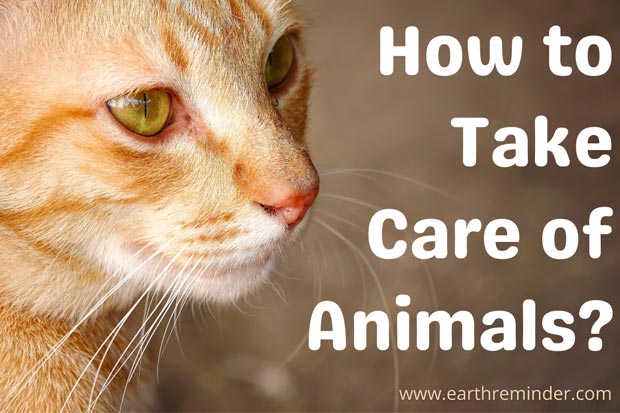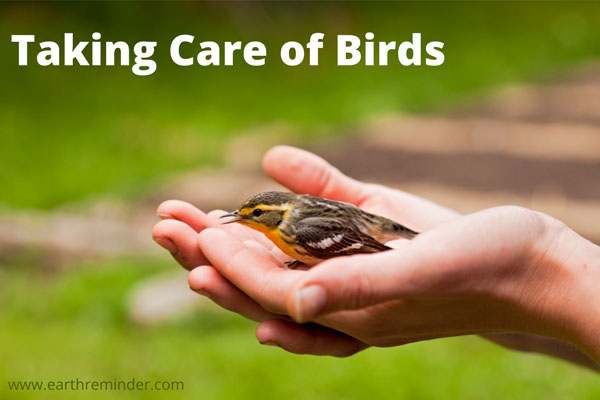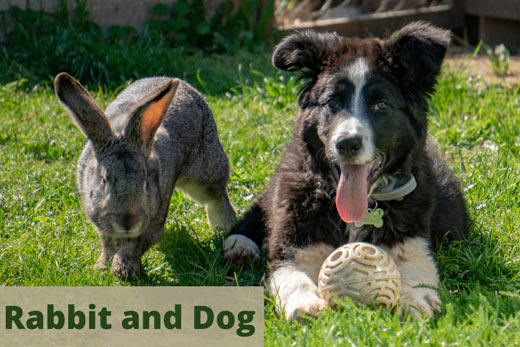How Can You Take Care of Animals?
Since the beginning of civilization, humans have kept animals quite close to themselves. Be it for companionship, protection, or food—animals have certainly played a huge role in the development of our race. Animals have time and again been there for us. Therefore, we need to take care of them too; This article tells you how we can take care of animals and our pets.

Table of Contents
How to Take Care of Animals?
Taking Care of Stray Animals: We often come across stray animals daily who seem to be in desperate need of care. Be it on the railway platform, across the road, or in dark alleys, there are animals in need everywhere. How can we help them? Here are some basic things you can do to make life easier for such strays:
Taking Care of Stray Cats & Dogs:
There are various ways through which you can take care of stray animals. Read ahead to know all ways:
Approach The Animal Safely:
If you come across a stray cat/dog that looks like it might have an injury, do not approach it directly. Your intentions might be good, but to an animal who is hurt and scared, you pose a huge threat. The only thing more dangerous than a hurt animal is one that is scared.
To help, place some food and water at a considerable distance from the animal. Please wait for it to come near the food and feed itself. Once it has eaten, approach it at a slow pace. Check the condition and type of injuries and take it to a vet as soon as possible.
Sometimes, stray dogs can be aggressive. Don’t approach this animal at all since it can bite you if felt threatened. Call your nearest animal rescue center for assistance. Cats can be equally aggressive; approach them with the same caution.
Fund For the Animal—Or Adopt It!
Once the animal is taken into custody, you can fund it by donating blankets, food supplies, or just money. Here, the animal will get vaccination and treatment for any underlying diseases. At this stage, it’s completely your decision, depending on your financial and economic conditions, if you want to adopt it or not. This is how we can take care of animals.
Spread Awareness
The easiest and most efficient way for you to improve the welfare of stray animals is to raise awareness in society. Spay and neuter your pets, as well as advise others to do the same as well. Spaying or neutering helps control the stray population in society. You can also create awareness by actively advocating to adopt strays. When you see someone being cruel to a stray animal, you can speak up and protect them.
Lead By Example
There are many care takers of stray animals in the community who care for strays in their locality by feeding them biscuits, milk and providing them blankets. But a stray remains a stray if it doesn’t get adopted. Charity always begins at home. You should first adopt a stray and set a good example by taking good care of them. After seeing you, others near you will automatically follow suit.
Taking Care of Birds:

If You Own a Cat, Keep It Indoors:
Cats often go outside to hunt—even the ones who are pet—and this poses a threat for the birds in your vicinity. Ensuring that your cat doesn’t go on these killing sprees is a good way to protect birds. If you cannot or do not have the time to ensure this, you can simply tie a small bell to your kitty’s neck. This will alert birds that a predator is nearby and most likely prevent them from getting devoured.
Throw Away Plastic Bottles Safely:
Birds—often seagulls—end up swallowing pieces of plastic and die a horrible death that could have been completely avoided. To prevent such wasteful loss of life, make sure you dispose of the bottles properly.
Sometimes birds also get their heads stuck in the loops that hold soda cans together. Simply cut open the loops in these bottles and tie them up in bags, so birds don’t get trapped in them.
Hang A Bird Feeder on Your Balcony:
During winters, birds struggle to find enough food since low visibility and the temperature drop are unsuitable circumstances. If you can afford it, put up a bird feeder outside your home with grains of rice or bajra. But make sure that other animals like squirrels don’t reach it!
If you cannot afford to purchase a bird feeder, you can simply spread the grains on your balcony or outside your house.
Refrain From Using Synthetic Pesticides:
People usually have gardens in their yards, and often we unintentionally use certain chemicals for our plants that harm birds. Insects like ladybugs and honeybees are frequent visitors of flowers. These insects are crucial to the survival of many bird species. Bioaccumulation of the harmful chemicals in their bodies eventually ends up in birds’ systems and leads to sickness and death.
Keep Water for Birds
Birds often suffer from dehydration in the scorching heat during the day, so it’s a good idea to keep a bowl of water alongside the grains. A simple act of placing a water bowl in your balcony, garden, terrace, society gardens, or common open areas can save many birds. Birds love water baths, too; they preen, groom, and clean their feathers by soaking in the water. It also helps remove any parasites that might be hiding in their crevices.
How Do You Take Care of Pet Animals?
Although voiceless, pets mostly demonstrate their feelings and emotions through other actions. To a good pet owner, a dog wagging its tail is not the only sign of happiness. A cat purring does not necessarily mean it is content! So how to take care of our pets? Here are some tips:

Taking Care of Dogs:
One thing which every dog owner should keep in mind is a dog’s food intake. It doesn’t matter if it’s a puppy or an 8-year-old Golden Retriever; always stock up high on quality dog food. In regards to the American Society for the Prevention for Cruelty to Animals (ASPCA), young dogs should consume 4 meals a day. The reason why quality dog food is important is that it contains the balanced diet canines need.
Also, make sure clean water is provided throughout the day and that the dog is taken to a vet regularly. Burning calories are essential for dogs, and hence they should be taken on daily walks. Keep in mind that dogs tend to be sociable creatures and get bored easily. Playing games like throwing frisbees is a good exercise for both owners and dogs.
If ever you feel that your dog is sick, do not give self-diagnose your dog. Chances are it might be suffering from a more serious illness than you think. Only give medication that the dog’s veterinarian has prescribed. Lastly, remember to keep your dog on a leash when outdoors in case it decides to run after other animals. Clean up after your dog if it takes a dump outside.
Taking Care of Cats:
Each cat has a different diet, and it is advisable to talk to a vet to determine the best diet for your cat. Whatever the diet, a healthy meal will always contain taurine—an essential amino acid—for proper heart and eye function.
Cats clean themselves on their own, but you should brush your cat once in a while. Doing this ensures that their coats are clean and no hairballs form on them.
Unlike dogs, cats need a litter box. Make sure the box is in a place the cat can reach. Do not displace the box if possible. Keep an eye if your cat doesn’t defecate in the litter box. If it refuses to do so, it might have a medical condition. Take your cat to the vet at least every once a year. Seek instant medical attention if you ever suspect that your cat has consumed poisonous food.
Cat obesity is quite common. Since cats remain indoors most of the time, it’s important to ensure that their daily exercise needs are met. Cat’s love climbing shelves and trees. Make sure to create a play nook for your cat. You might have seen many times that cats love to look out the window, so keep the curtains open for your cat so that they can enjoy the outside view.
Taking Care of Rabbits:
For an inexperienced person, adopting a new pet rabbit without proper research can lead to various health issues. To prevent your rabbit from this suffering, you have to know first that rabbits are herbivores. They eat plants, grass hay, fruits (carrots, apple), green foods (lettuce, sprouts), and flowers.
Grass hay is very important, and you should always keep it in store for your rabbit. Grass hay includes rye, meadow, barley, oat, and Bermuda grasses.
Buy a rabbit cage that is spacious enough to hold a litter box, has a resting area, is tall enough to let them stand on their hind legs, and is easy to clean. A rabbit’s cage should not be placed in a basement or outside.
In winter, it is advised to use straw bedding for insulation. Like all pets, rabbits should not be left in a cage for the whole day. They need to exercise daily to stay healthy.
Keep in mind, a rabbit’s backbone is dainty and easy to fracture. If your family has enthusiastic small kids, teach them not to pick the rabbit up by its ears as it’s very painful for them. You should also provide your pet rabbit with plenty of toys to keep its mind stimulated and help take away the sharp edge of its teeth. The chewing toy example: apple sticks for rabbits.
Conclusion: Animals, despite the differences, are in many ways like us. Following the above tips will help you take care of animals. Along with the necessary guidelines and tips to care for an animal, always remember that at the bottom of it, the most important thing any animal needs is love. Everything else is secondary. This is why we should take care of our pets and animals.